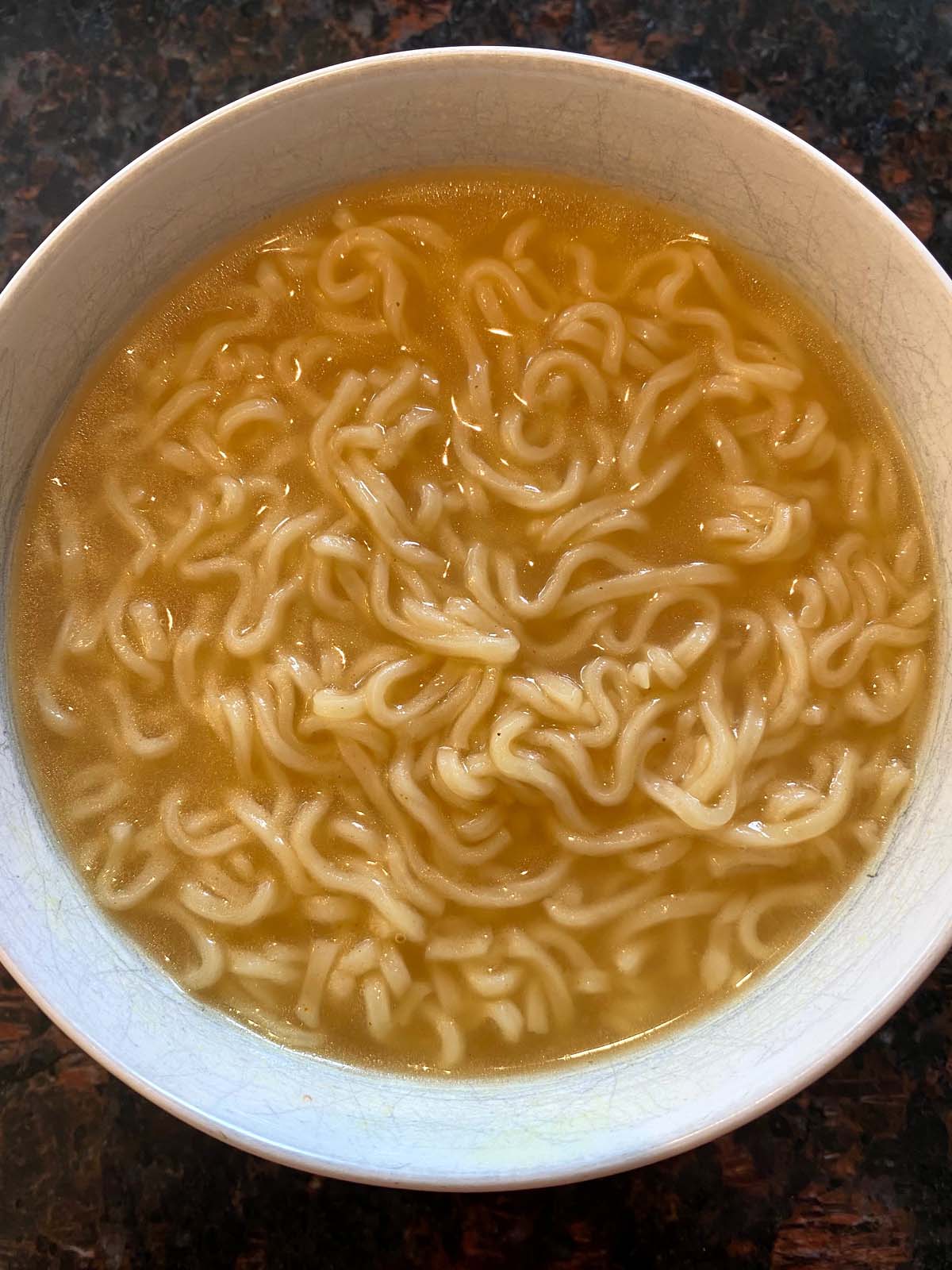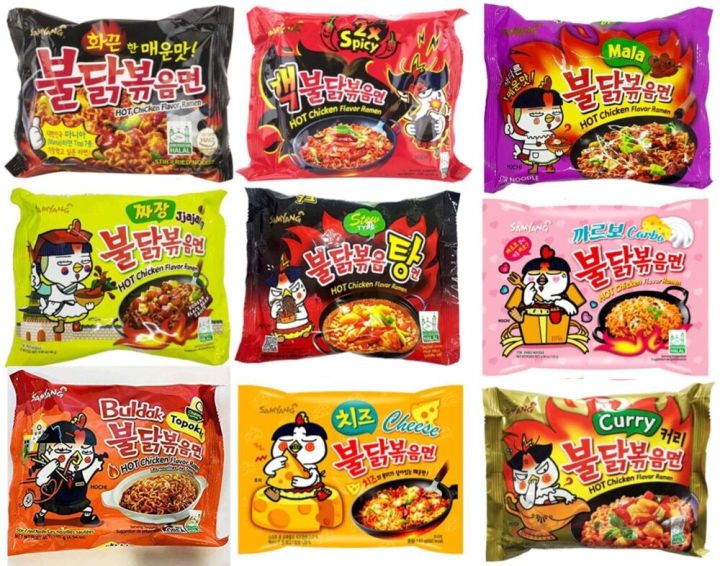Ramen Noodle Recall 2024: A Comprehensive Guide To Staying Safe
In 2024, the recall of ramen noodles has emerged as a major concern for millions of consumers globally. With potential health risks and manufacturing flaws at the forefront, this issue has captured widespread attention. If you're someone who loves ramen or relies on instant noodles as a regular part of your diet, it's crucial to stay informed about the recall and its implications. This article provides an in-depth look into the recall, its causes, and actionable steps you can take to protect yourself and your loved ones.
Ramen noodles have long been a staple in households worldwide due to their affordability, convenience, and delicious taste. However, recent reports of a recall on ramen noodles in 2024 have raised serious concerns about the safety of this beloved food item. By understanding the reasons behind the recall and staying updated on the latest developments, you can make smarter, more informed decisions about your food choices.
This article aims to deliver a detailed analysis of the recall on ramen noodles, exploring its causes, affected brands, and the steps you can take to ensure your safety. Whether you're a casual consumer or a devoted fan of instant noodles, the information provided here will help you navigate this issue effectively and confidently.
Table of Contents
- Overview of the Recall
- Reasons Behind the Recall
- Brands Impacted by the Recall
- Health Risks Linked to the Recall
- Government Actions and Responses
- What You Should Do as a Consumer
- Impact on the Ramen Industry
- Long-Term Implications of the Recall
- Preventive Measures for Future Recalls
- Final Thoughts
Overview of the Recall
The ramen noodle recall of 2024 has become one of the most significant food safety concerns globally. This recall encompasses several major brands and affects millions of consumers who depend on instant noodles as a quick and budget-friendly meal option. The recall was initiated following reports of contamination and manufacturing defects, prompting health authorities to act swiftly.
It's vital to grasp the extent of the recall. It involves not just specific brands but also a wide range of flavors and varieties of ramen noodles. Consumers are urged to carefully examine product labels and serial numbers to determine whether their purchased items are part of the recall.
Scope of the Recall
- Global in nature, impacting numerous countries
- Involves several leading ramen brands
- Covers both flavored and plain varieties
Reasons Behind the Recall
The causes of the ramen noodle recall in 2024 are complex and varied. Investigations have uncovered issues such as contamination with harmful substances, improper storage conditions, and manufacturing defects. These problems have raised serious doubts about the safety and quality of instant noodles.
Common Causes
- Contamination with harmful chemicals or bacteria
- Improper packaging leading to spoilage
- Manufacturing errors affecting product quality
Data from the World Health Organization (WHO) reveals that food recalls due to contamination have risen by 20% in the last decade. This trend highlights the urgent need for stricter regulations and enhanced quality control measures in the food industry.
Brands Impacted by the Recall
Several prominent ramen brands have been identified in the recall. As investigations continue, the list of affected brands is evolving. Some of the major brands currently implicated include:
- Nissin
- Mitsukan
- Sanyo
Consumers are encouraged to refer to official announcements from these brands for detailed information on affected products and serial numbers.
Health Risks Linked to the Recall
The recall of ramen noodles in 2024 poses several health risks to consumers. Consuming contaminated products can lead to foodborne illnesses, allergic reactions, and even long-term health complications. According to a report by the Centers for Disease Control and Prevention (CDC), foodborne illnesses impact millions of people annually, with some cases resulting in severe health consequences.
Potential Health Risks
- Food poisoning caused by bacterial contamination
- Allergic reactions triggered by undeclared ingredients
- Long-term health issues resulting from chemical exposure
It's essential for consumers to remain vigilant and promptly report any adverse effects experienced after consuming affected products.
Government Actions and Responses
Governments around the world have responded decisively to the recall of ramen noodles in 2024. Health authorities, including the Food and Drug Administration (FDA) and the European Food Safety Authority (EFSA), have issued warnings and guidelines to safeguard consumer health. These organizations are collaborating closely with manufacturers to identify the root causes of the recall and implement necessary corrective actions.
Key Government Actions
- Issuing public health advisories
- Conducting investigations into manufacturing practices
- Enforcing stricter regulations on food safety
These efforts aim to restore consumer confidence and prevent similar incidents in the future.
What You Should Do as a Consumer
Consumers play a critical role in ensuring their safety during the recall of ramen noodles in 2024. By taking proactive steps, you can protect yourself and your family from potential health risks. Here are some recommendations:
Steps for Consumers
- Check product labels for recall notifications
- Dispose of any affected products immediately
- Report any adverse effects to relevant health authorities
Remaining informed and adhering to official guidelines is key to handling this situation effectively.
Impact on the Ramen Industry
The recall of ramen noodles in 2024 has significantly affected the global ramen industry. Companies are facing financial setbacks, damaged reputations, and increased scrutiny from regulatory bodies. This scenario underscores the necessity for improved quality control and transparency in food production processes.
Challenges for the Industry
- Rebuilding consumer trust
- Implementing advanced safety measures
- Complying with stricter regulations
Industry leaders are actively addressing these challenges to ensure the safety and reliability of their products moving forward.
Long-Term Implications of the Recall
The long-term consequences of the recall of ramen noodles in 2024 are still unfolding. However, experts anticipate that this event will drive significant changes in the food industry. Consumers are likely to demand greater transparency and accountability from manufacturers, prompting companies to adopt stricter quality control measures.
Predicted Long-Term Effects
- Greater focus on food safety
- Heightened consumer awareness and demand for transparency
- Advancements in technology for quality assurance
These developments could ultimately result in a safer and more dependable food supply chain.
Preventive Measures for Future Recalls
Preventing future recalls demands a collaborative effort from all stakeholders in the food industry. Manufacturers, regulators, and consumers must work together to ensure the safety and quality of food products. Some key preventive strategies include:
Key Prevention Strategies
- Regular inspections and audits of manufacturing facilities
- Integration of advanced technology for quality control
- Education and awareness campaigns targeting consumers
By embracing these strategies, the industry can significantly reduce the risk of future recalls and safeguard consumer health.
Final Thoughts
The recall of ramen noodles in 2024 has sparked important discussions about food safety and quality control in the global food industry. Understanding the causes, implications, and preventive measures associated with this recall is essential for both consumers and industry stakeholders. By staying informed and taking proactive steps, you can ensure your safety and contribute to a safer food supply chain.
We encourage you to share this article with others and provide your feedback in the comments section below. Your input helps us enhance our content and deliver more valuable information. For additional updates on food safety and related topics, explore our other articles and resources.
Article Recommendations


